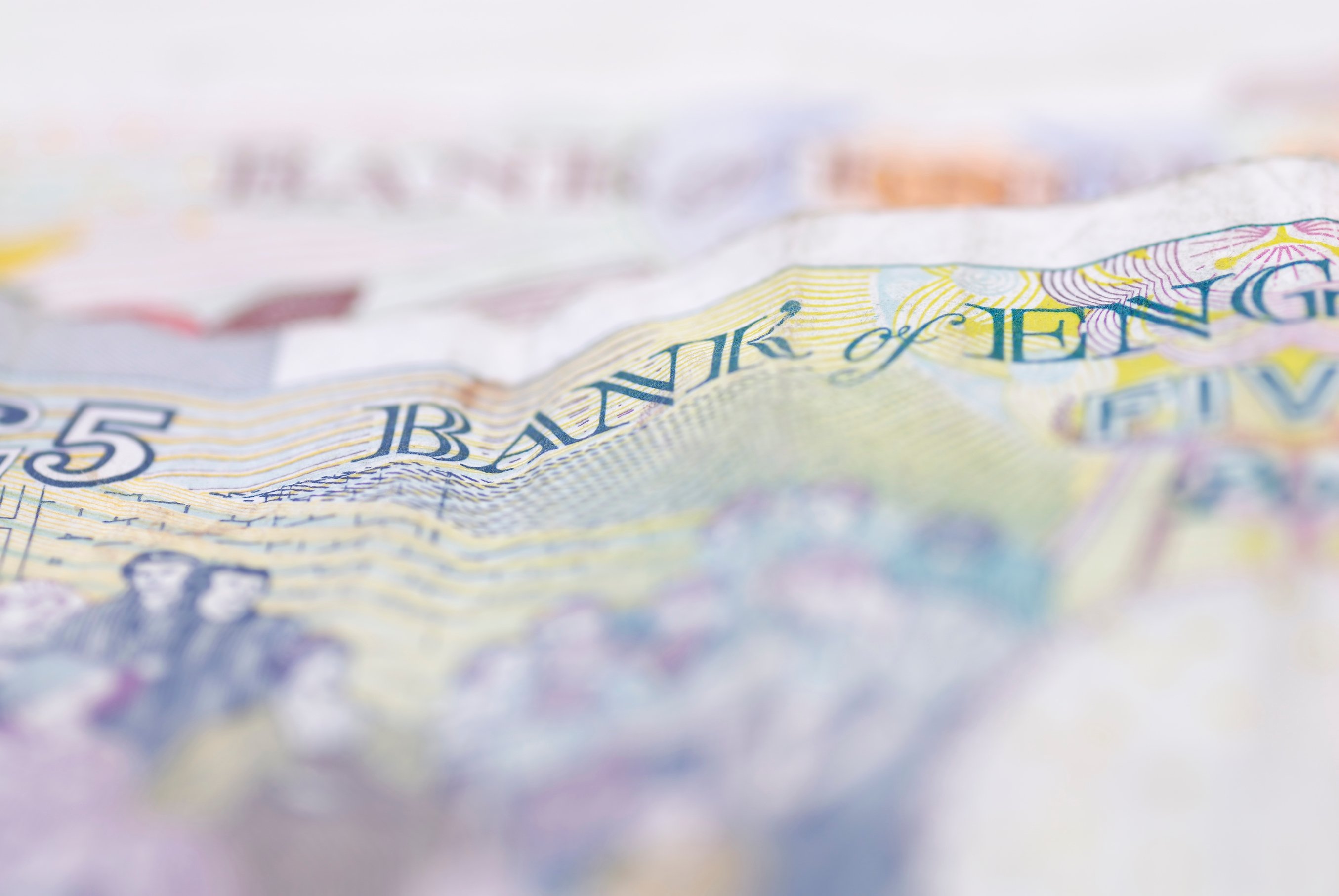The UK economy expanded by 0.6% in the third quarter of 2016, up from original estimates of 0.5% growth, according to new data from the Office for National Statistics (ONS).
On a year-on-year basis, the UK economy expanded by 2.2% in the third quarter, down from the 2.3% reading recorded in the same quarter last year.
“Robust consumer demand continued to help the UK economy grow steadily in the third quarter of 2016,” said ONS statistician Darren Morgan.
“Growth was slightly stronger than first thought, though, due to greater output in the financial sector.”
A spokesman for the Treasury said: “The fundamentals of the UK economy are strong, but there remain challenges ahead.
“The Chancellor set out in the Autumn Statement his plan to support a resilient economy that works for everyone by driving productivity and supporting working people, while maintaining fiscal discipline.”

Can consumer spending continue to drive the economy?
Although household spending rose at a quarterly rate of 0.7% in the third quarter, household incomes adjusted for inflation dropped by 0.6% – the steepest decline in over two years.
Martin Beck, senior economic adviser to the EY Item Club, was quoted by the BBC as saying that while the third quarter data provided “some unexpected pre-Christmas cheer”, it’s uncertain how long consumer spending will be continue to drive the economy.
“With high inflation set to weigh further on spending power next year, the consumer is surely set to falter soon,” Beck said.
Howard Archer, chief UK and European economist at IHS Global Insight, commented that next year will be “increasingly difficult” for the UK economy.
“We expect GDP growth to slow markedly to 1.3% in 2017 – as consumer fundamentals weaken markedly and business uncertainty is heightened by the Government triggering Article 50 to formally start the UK’s exit from the European Union. Businesses are expected to become increasingly cautious over investment and employment,” Mr Archer said.
He added: “With growth likely to be limited over 2017 and 2018, we expect the Bank of England to look through a likely substantial overshoot in inflation and keep interest rates unchanged at 0.25%. Indeed, we believe interest rates could well remain at 0.25% well beyond 2018.”
